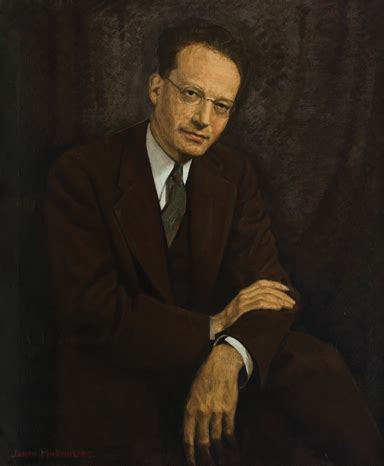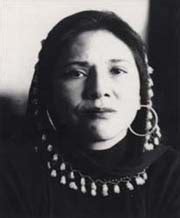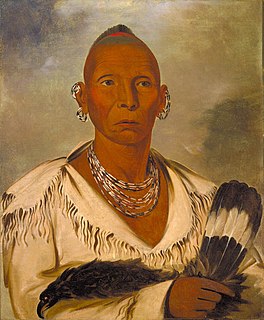A Quote by N. Scott Momaday
I sometimes think the contemporary white American is more culturally deprived than the Indian.
Related Quotes
It is a pity that so many Americans today think of the Indian as a romantic or comic figure in American history without contemporary significance. In fact, the Indian plays much the same role in our society that the Jews played in Germany. Like the miner’s canary, the Indian marks the shift from fresh air to poison gas in our political atmosphere; and our treatment of Indians, even more than our treatment of other minorities, reflects the rise and fall in our democratic faith.
I'm Indian-American and I think that when I think of myself as being culturally Indian, it had so much to do with when I lived with my parents and was a kid because they would take me to the Diwali festivals. They would take me to the temple, and they would teach me about all the different holidays.
I think what you see a lot of in American religion, even in areas of American Christianity that don't go all the way with Osteen to the idea that God wants you to have this big house and so on, the nature of American religion right now, the fact that it is so non-denominational and post-denominational, the most successful churches have to be run more like businesses than ever before. I think that just exposes Christians to a constant temptation to think about the ministry more as a business than they sometimes should.
Had the white settlers in North America called the natives 'Americans' instead of 'Indians', the early Americans could not have said that the 'only good Indian is a dead Indian' and could not have deprived them so easily of their lands and lands and lives. Robbing people of their proper names is often the first step in robbing them of their property, liberty, and life.
The white men despise the Indians, and drive them from their homes. But the Indians are not deceitful. The white men speak bad of the Indian, and look at him spitefully. But the Indian does not tell lies; Indians do not steal. An Indian, who is as bad as the white men, could not live in our nation; he would be put to death, and eat up by the wolves.
I moved here when I was 20 to go to college. After I moved here, I became much more aware of the importance of the culture and literature to my life. Sometimes when you're immersed in something, you just don't notice it very much. Moving away makes you appreciate your culture. Living here, I've thought more and more about India, and what being Indian-American means to me. And it's made me incorporate things from Indian literature into my own writing.
...despite all this, it is still hard to admit that there is no one more English than the Indian, no one more Indian than the English. There are still young white men who are angry about that; who will roll out at closing time into the poorly lit streets with a kitchen knife wrapped in a tight fist. But it makes an immigrant laugh to hear the fears of the nationalist, scared of infection, penetration, miscegenation, when this is small fry, peanuts, compared to what the immigrant fears - dissolution, disappearance.







































